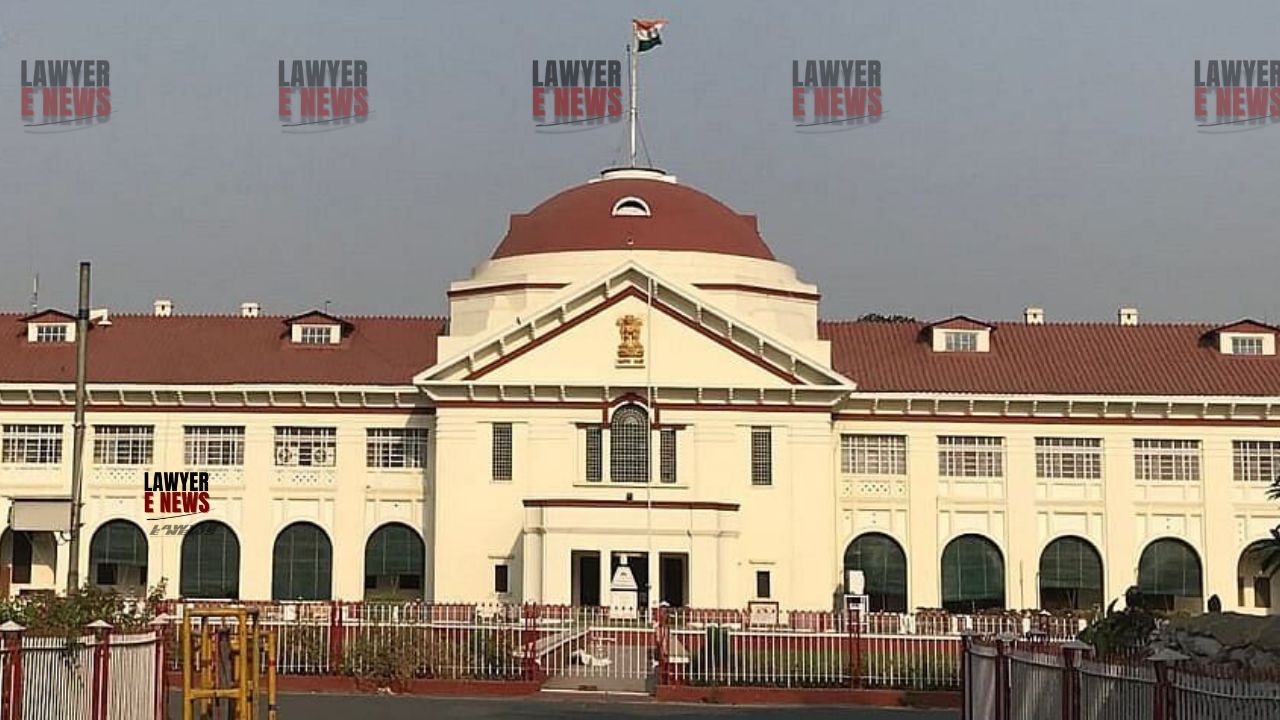-
by Admin
15 February 2026 5:35 AM



Patna High Court delivered a significant judgment addressing the procedural handling of criminal appeals under its rules. The Full Bench, led by Justice Ashutosh Kumar and comprising Justices Jitendra Kumar and Alok Kumar Pandey, resolved questions surrounding the jurisdiction of Single and Division Benches in hearing appeals with varying sentences. The Court affirmed that appeals with sentences of up to ten years can be listed before a Division Bench if they arise from the same trial judgment as appeals requiring Division Bench jurisdiction.
The issues stemmed from appeals challenging a conviction under Sections 307, 326, and 120-B of the IPC, arising from a trial in the Additional District and Sessions Court, Siwan. The trial court had sentenced four accused to ten years of rigorous imprisonment, accompanied by fines of Rs. 25,000 for each offense. Multiple appeals were filed:
By the accused seeking relief against conviction.
By the State seeking enhanced sentences under Section 377 CrPC.
By the victim under Section 372 CrPC for adequate compensation.
The appeals triggered procedural complexities, as cases involving sentences up to ten years are ordinarily listed before Single Judges under Rule 1, Chapter II, of the Patna High Court Rules, whereas those involving sentences exceeding ten years or enhancements fall under Division Bench jurisdiction.
The referral to the Full Bench sought clarity on the following:
Whether appeals carrying sentences of ten years could be entertained by a Division Bench alongside others requiring its jurisdiction.
Whether listing all appeals arising from the same trial judgment before one Bench violated jurisdictional rules.
The propriety of referring matters between Single and Division Benches.
The Court underscored the importance of consistent rulings when appeals arise from the same trial judgment:
"Listing all appeals from one judgment before a single Bench avoids contradictory outcomes. A hypothetical situation could arise where one Bench grants bail while another enhances the sentence in a related appeal, leading to irreconcilable rulings."
This practice, the Court held, does not usurp or create jurisdiction but ensures judicial harmony.
Interpreting Rules 1 and 2 of Chapter II of the Patna High Court Rules, the Court stated:
"The classification of matters to be heard by Single or Division Benches facilitates administration but is not rigid. If appeals with ten-year sentences are placed before a Division Bench for consistency, it does not infringe upon procedural propriety."
The Court emphasized that such listing ensures justice delivery without altering substantive jurisdiction.
The judgment referenced Pandurang v. State of Maharashtra (1987) and Kanwar Singh Saini v. High Court of Delhi (2012), distinguishing cases where jurisdictional breaches rendered judgments void:
"A right decision by the wrong coram is no decision at all. However, a Division Bench hearing appeals ordinarily meant for Single Judges does not violate jurisdiction—it enhances adjudicatory efficiency."
The Court recommended that the Patna High Court Rules be amended to formalize the practice of listing appeals arising from the same trial judgment before one Bench:
"Necessary amendments would codify this practice, minimizing procedural ambiguities and expediting justice."
The Full Bench answered the reference, stating:
Appeals carrying sentences of ten years can be listed before a Division Bench if they arise from the same trial judgment as appeals requiring Division Bench jurisdiction.
Such listings do not violate jurisdictional norms but ensure judicial consistency.
The Chief Justice was urged to consider corresponding amendments to the Patna High Court Rules.
This landmark judgment resolves procedural ambiguities in criminal appeals and underscores the judiciary's commitment to efficiency and consistency. By clarifying the jurisdictional interplay between Single and Division Benches, the Patna High Court has reinforced the principles of fairness and judicial harmony.
Date of Decision: November 22, 2024
